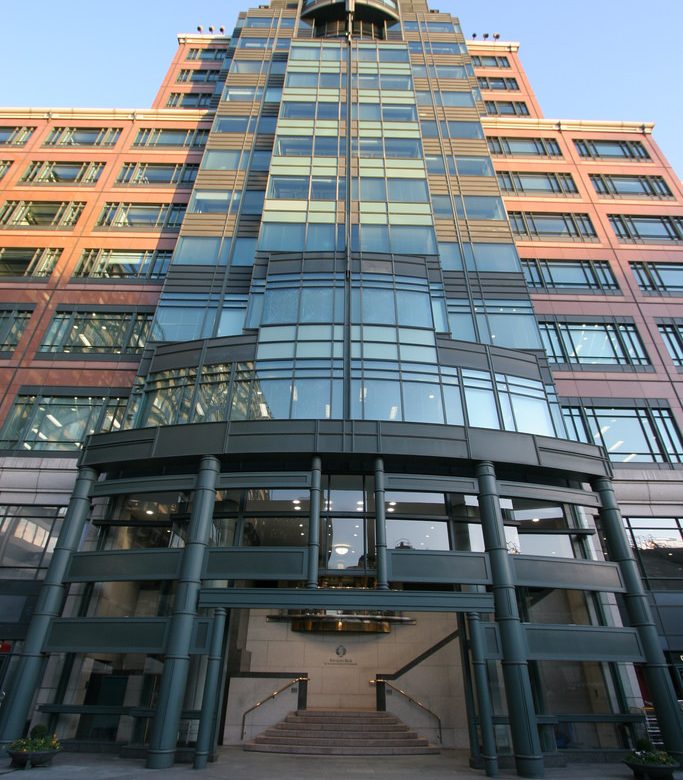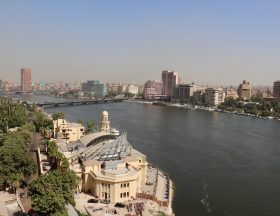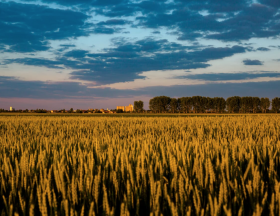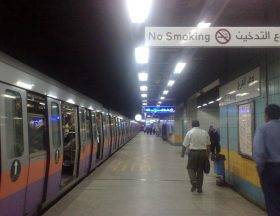After more than a year of exchanges and a membership process between the North African country and the financial institution, Algeria has been given the green light to join the EBRD and benefit from its investments.
Algeria is now the 73rd shareholder of the European Bank for Reconstruction and Development (EBRD) by completing the membership process.
Algeria has expressed its wish to become a country in which the Bank is committed in terms of investment and support for political reforms. Preparations for this step can now begin.
EBRD President Odile Renaud-Basso said: “We are happy to welcome Algeria as our last shareholder and look forward to working together and discussing the next steps in our joint cooperation, especially so that the Algeria becomes a beneficiary of the Bank’s operations. We also look forward to the country becoming a beneficiary of the Bank’s operations, a step that will allow us to apply our know-how and experience to help develop the private sector, promote sustainable energy supply and improve quality. and the efficiency of the country’s infrastructure ”.
Algeria applied for EBRD membership in March 2020 and the Bank’s Board of Governors subsequently voted in favor of the request. The membership process is now complete with a formal exchange of documents. As a shareholder, Algeria will have a seat on the Board of Governors. Algeria is located in the Southern and Eastern Mediterranean region (SEMED), where the EBRD invests and operates in Egypt, Jordan, Lebanon, Morocco and Tunisia, as well as the West Bank and Gaza.
To date, the Bank has invested nearly € 15 billion in 305 projects in the SEMED region in natural resources, financial institutions, agribusiness, manufacturing and services, as well as infrastructure projects such as electricity, municipal water and wastewater and modernization of transport services…
Algeria is also already a member of the African Development Bank. Since the start of its operations in Algeria in 1971, the African Development Bank has approved forty 40 operations, for a cumulative total of nearly UA 2.1 billion.
The infrastructure sector (transport, water and sanitation, energy) comes first (43%), followed by reform support programs (22%), the financial sector and industry (20%), followed by agriculture. (11%) and education (4%).











Réagissez à cet article